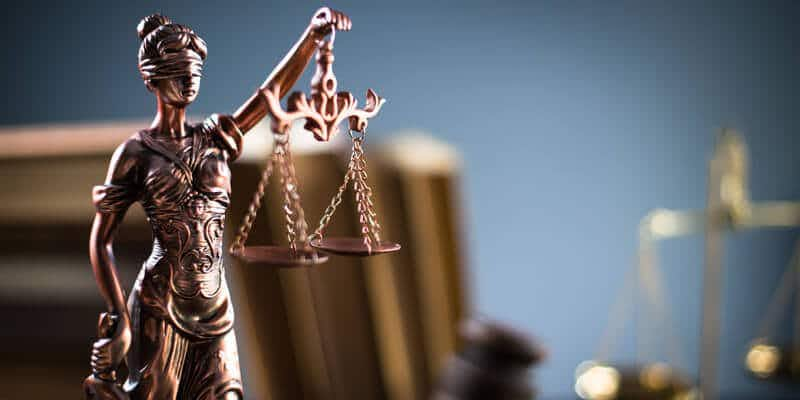The basic criteria for hiring an expert witness are relatively simple. If the expert has the requisite education, experience and/or training to be considered an authority on the subject, he/she falls within the scope of possible expert witnesses. If the expert’s specific opinion is deemed “reasonably reliable” and to rest on a “reliable foundation,” the trial court will likely permit the witness to offer opinion testimony.
Skilled litigators, however, engage in a much deeper analysis that may include a potential expert witness’ “likeability factor,” whether he/she always supports one side or the other, etc. One such consideration in this analysis is the locality of the witness.
There are several factors at play when considering whether to prioritize the locality of potential experts. First and foremost, juries may more readily believe experts that are familiar to them. In venues with a well-respected local medical institution, for example, jurors may tend to find a physician from that institution more credible than an out-of-towner.
This factor may be heightened in places with less sophisticated jury panels. In other words, a small town jury may more readily trust a professor from a local State University than someone from a large city two states away. How many jurors in Alabama show up for jury duty wearing the Alabama Crimson Tide Football logo? Without specifically mentioning it, an opposing counsel can draw out implicit juror bias quite effectively.
On the other hand, hiring a local expert is not without drawbacks. An opposing counsel can more easily argue bias when a local witness testifies in favor of someone they are familiar with, even tangentially. In venues with more than one medical center, for example, it is not uncommon for a physician from one hospital to testify in favor of a doctor from the other. Often times physicians from the same general area belong to a local medical society and are thus acquainted, even if they do not interact socially.
When a local expert testifies against a party, the opposite can also be true. A local engineer or architect can easily be accused of bias by the opposing counsel when testifying against a competitor, for example. Thus, counsel can only determine whether it is better to hire local on a case-by-case basis.
Unfortunately, the racial or ethnic background of a potential expert witness can also be a factor. I love my home state but there are venues in Missouri where the jury panel would tend to reject the opinion of an African-American, Syrian or other non-Caucasian expert before hearing them utter a single word. It is not uncommon to see Confederate flags while driving in rural Missouri.
Setting aside a discussion of the evils of this situation for the sake of brevity, our society is bombarded by news programs and social media activity elaborating on these conflicts. This has an effect on perception. In a better world the expert would be judged by their qualifications. In our current society this is not always the case. Whether express or implicit, and always regrettably so, certain biases exist and must be considered.
On occasion, the subject matter on which the expert will be asked to opine dictates whether or not hiring a local expert is even feasible. The complexity of some cases requires hiring a double-boarded subspecialist from the Mayo Clinic or the person that wrote a particular ASTM standard. In contrast, sometimes the subject matter screams for a local expert.
Imagine two architecture experts with virtually the same qualifications: the only difference is that one lives in Florida and the other lives in California. Even though the architect from Florida wrote a textbook about earthquake-resistant construction, a California jury might find their local architect more credible because that expert has personally dealt with earthquakes. Likewise, a Florida jury may find their local expert more credible regarding hurricane-resistant construction even if the California expert is the West Coast’s leading expert on the subject.
Expert witness selection is largely about perception. The choice of whether or not to hire a local expert differs from case to case and venue to venue. In jury trials, the counsel’s analysis must center on how the jury will perceive the witness; namely, how credible the expert will be to that particular jury.
If a litigator believes that the jury in his/her case will come into the courtroom with a bias against foreign expert witnesses, then it would be a mistake not to try to find someone local. Even if not possible due to the venue, it may be better to select an expert currently living somewhere else that has had a connection to the venue in the past.
Counsel must evaluate the jurors in his/her trial’s venue, and decide whether to prioritize the locality of potential expert witnesses.




